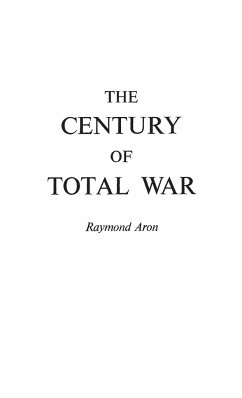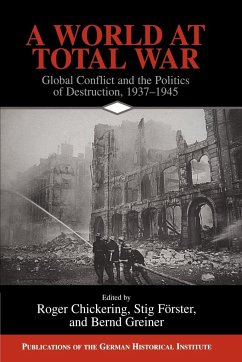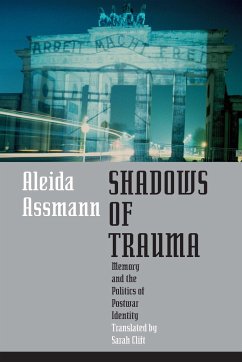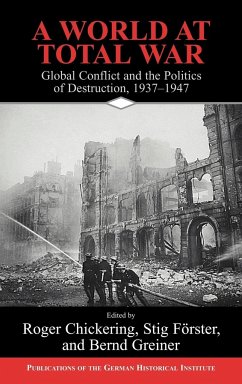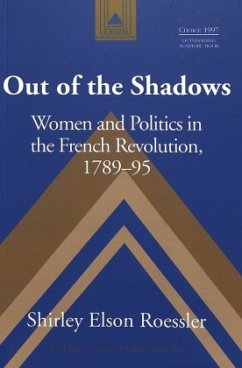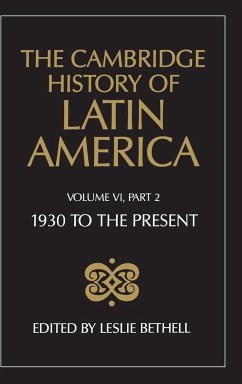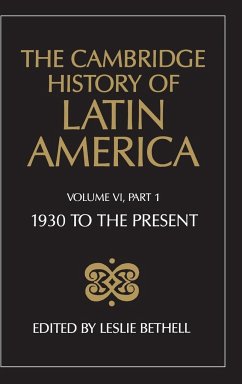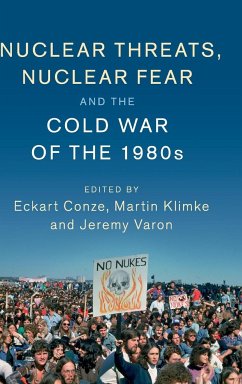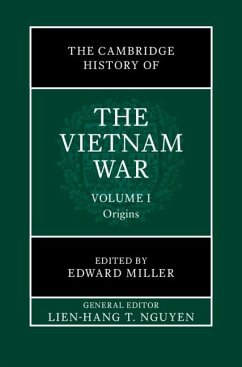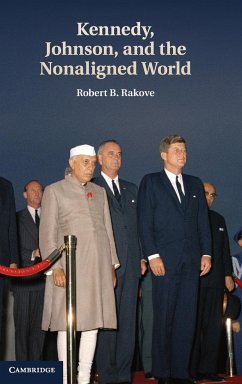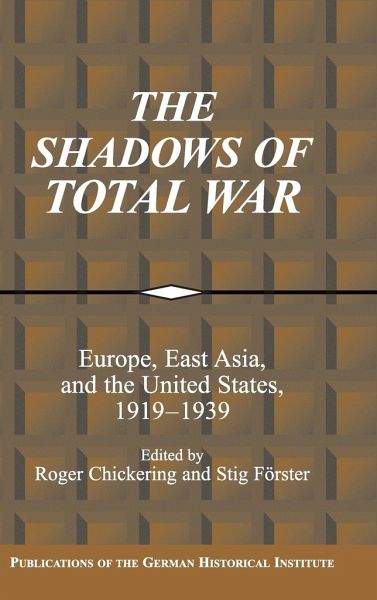
The Shadows of Total War

PAYBACK Punkte
41 °P sammeln!
The period between the two world wars of the twentieth century was one of the most crucial in the history of war. In anticipation of another conflict, military planners and civilian thinkers struggled after 1918 with the painful implications of World War I. Given its scope, the wholesale mobilization of civilian populations, and the targeting of civilians via blockades and strategic bombing, many observers regarded this titanic conflict as a 'total war'. They also concluded that any future conflict would bear the same hallmarks; and they planned accordingly. The essays in this collection, the ...
The period between the two world wars of the twentieth century was one of the most crucial in the history of war. In anticipation of another conflict, military planners and civilian thinkers struggled after 1918 with the painful implications of World War I. Given its scope, the wholesale mobilization of civilian populations, and the targeting of civilians via blockades and strategic bombing, many observers regarded this titanic conflict as a 'total war'. They also concluded that any future conflict would bear the same hallmarks; and they planned accordingly. The essays in this collection, the fourth in a series on the problem of total war, examine the interwar period. They explore the lingering consequences of World War I, the intellectual efforts to analyze this conflict's military significance, the attempts to plan for another general war, and several episodes in the 1930s that portended the war that erupted in 1939.
Table of contents:
Introduction Roger Chickering and Stig Förster; Part I. Reflections of the Interwar Period: 1. The politics of war and peace in the 1920s and 1930s Gerhad L. Weinberg; 2. War and society in the 1920s and 1930s Hew Strachan; 3. Plans, weapons, doctrines: the strategic cultures of interwar Europe Dennis E. Showalter; Part II. Legacies of the Great War: 4. Religious socialism, peace, and pacifism: the case of Paul Tillich Hartmut Lehmann; 5. No more peace: the militarization of politics James M. Diehl; 6. The war's returns: the care of disabled veterans in Britain and Germany Deborah Cohen; 7. The impact of total war on the practice of British psychiatry Edgar Jones and Simon Wessely; Part III. Visions of the Next War: 8. Sore loser: Erich Ludendorff's total war Roger Chickering; 9. Strangelove, or how Ernst Jünger learned to love total war Thomas Rohkrämer; 10. Shadows of total war in French and British military journals, 1918-1939 Timo Baumann and Daniel Marc Segesser; 11. Yesterday's battles and future war: the German official military history, 1918-1939 Markus Pöhlmann; 12. 'The study of the distant past is futile': American reflections on new military frontiers Bernd Greiner; Part IV. Projections and Practice: 13. 'Not by law but by sentiment': Great Britain and imperial defense, 1918-1939 Benedikt Stuchtey; 14. 'Blitzkrieg' or total war? war preparations in Nazi Germany Wilhelm Deist; 15. The legion condor: an instrument of total war? Klaus A. Maier; 16. Stalinism as total social war Hans-Heinrich Nolte; 17. Total colonial warfare: Ethiopia Giulia Brogini Künzi; 18. Japan's wartime empire in China Louise Young.
The essays in this collection examine the interwar period. They explore the lingering consequences of World War I, the intellectual efforts to analyze this conflict's military significance, the attempts to plan for another general war, and several episodes in the 1930s that portended the war that erupted in 1939.
Explores the consequences of the Great War and attempts to prepare for another possible conflict.
Table of contents:
Introduction Roger Chickering and Stig Förster; Part I. Reflections of the Interwar Period: 1. The politics of war and peace in the 1920s and 1930s Gerhad L. Weinberg; 2. War and society in the 1920s and 1930s Hew Strachan; 3. Plans, weapons, doctrines: the strategic cultures of interwar Europe Dennis E. Showalter; Part II. Legacies of the Great War: 4. Religious socialism, peace, and pacifism: the case of Paul Tillich Hartmut Lehmann; 5. No more peace: the militarization of politics James M. Diehl; 6. The war's returns: the care of disabled veterans in Britain and Germany Deborah Cohen; 7. The impact of total war on the practice of British psychiatry Edgar Jones and Simon Wessely; Part III. Visions of the Next War: 8. Sore loser: Erich Ludendorff's total war Roger Chickering; 9. Strangelove, or how Ernst Jünger learned to love total war Thomas Rohkrämer; 10. Shadows of total war in French and British military journals, 1918-1939 Timo Baumann and Daniel Marc Segesser; 11. Yesterday's battles and future war: the German official military history, 1918-1939 Markus Pöhlmann; 12. 'The study of the distant past is futile': American reflections on new military frontiers Bernd Greiner; Part IV. Projections and Practice: 13. 'Not by law but by sentiment': Great Britain and imperial defense, 1918-1939 Benedikt Stuchtey; 14. 'Blitzkrieg' or total war? war preparations in Nazi Germany Wilhelm Deist; 15. The legion condor: an instrument of total war? Klaus A. Maier; 16. Stalinism as total social war Hans-Heinrich Nolte; 17. Total colonial warfare: Ethiopia Giulia Brogini Künzi; 18. Japan's wartime empire in China Louise Young.
The essays in this collection examine the interwar period. They explore the lingering consequences of World War I, the intellectual efforts to analyze this conflict's military significance, the attempts to plan for another general war, and several episodes in the 1930s that portended the war that erupted in 1939.
Explores the consequences of the Great War and attempts to prepare for another possible conflict.





